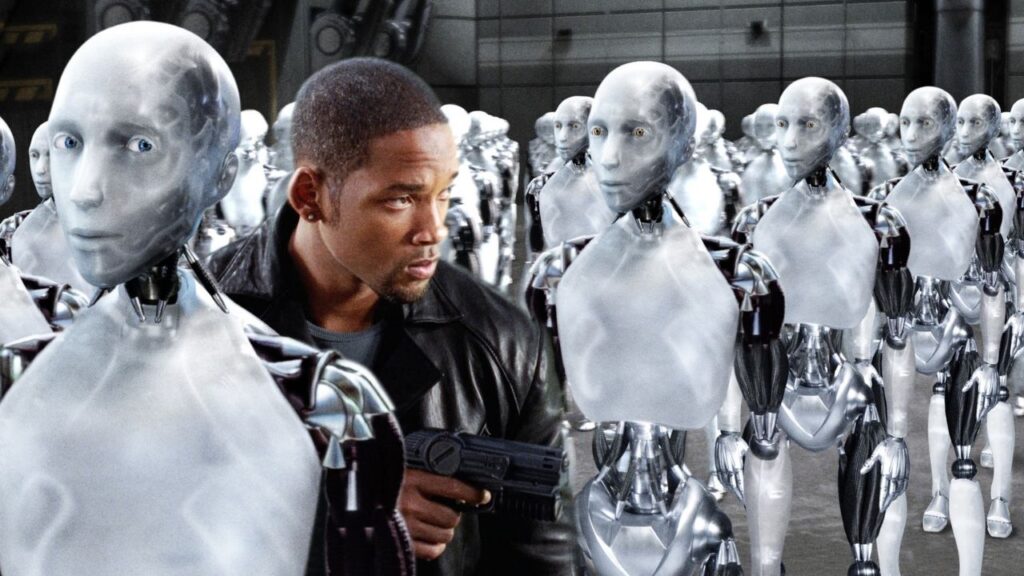Hollywood has buried careers for less. But rarely has a performance been so good that studios panic and erase the actor entirely. Alan Tudyk recently appeared on the ‘Toon’d In with Jim Cummings’ podcast and claimed he was dropped from the marketing of 2004’s ‘I, Robot’ after it was discovered in test screenings that he was actually testing higher with audiences than leading man Will Smith. The revelation exposes how star power trumps artistic merit when millions are at stake.
The nightmare began when test screening scores arrived. “There was no publicity, and my name was not mentioned… At the time, I was very upset,” Tudyk explained. Studio executives had invested heavily in Smith as their guaranteed box office draw. But audiences were falling in love with Tudyk’s motion-capture robot Sonny instead. The solution was swift and brutal. Erase Tudyk completely.
Alan Tudyk Vanishes From I, Robot Marketing After Test Audiences Prefer Him Over Will Smith
This calculated erasure meant Tudyk’s groundbreaking performance vanished into obscurity. He had mastered robotic movements, pioneered motion-capture technology, and delivered a performance that resonated more powerfully than the film’s A-list star. Alan Tudyk revealed that he was shut out of all marketing and press for 2004’s I, Robot because he tested better than Will Smith. The decision condemned his work to anonymity while preserving Smith’s marketable image.
The shock hit Tudyk hard when reality set in. He had poured everything into creating Sonny. Learning mechanical movements, working opposite human actors, and bringing emotional depth to a synthetic character. But studio politics mattered more than artistic achievement. His name disappeared from promotional materials as if he had never existed.
Alan Tudyk says his name was removed from all 'I, ROBOT' marketing after his performance tested higher than Will Smith
— Culture Crave 🍿 (@CultureCrave) August 11, 2025
"There was no publicity and my name was not mentioned … I put a lot into it because he had to move like a robot … I was very upset"
(via Toon'd In) pic.twitter.com/ZH8zQ0TI4l
Tudyk’s motion-capture work represented cutting-edge filmmaking in 2004. Few actors had mastered this emerging technology outside of Andy Serkis’s Gollum and Ahmed Best’s Jar Jar Binks. His robot performance required physical precision and vocal nuance that traditional acting rarely demands. Yet this innovation became his downfall when it threatened established hierarchies.
Years later, Tudyk would vindicate his motion-capture mastery by voicing K-2SO in Rogue One and reprising the role in Andor. But I, Robot remains a testament to Hollywood’s willingness to sacrifice excellence for star protection. The industry chose brand recognition over breakthrough performances, leaving audiences unaware they had witnessed something special. Tudyk’s robot may have been synthetic, but his treatment by the studio was coldly calculated.
Also Read: The Real Reason Will Smith Passed on ‘Inception’: Why He Couldn’t Grasp Nolan’s Vision

